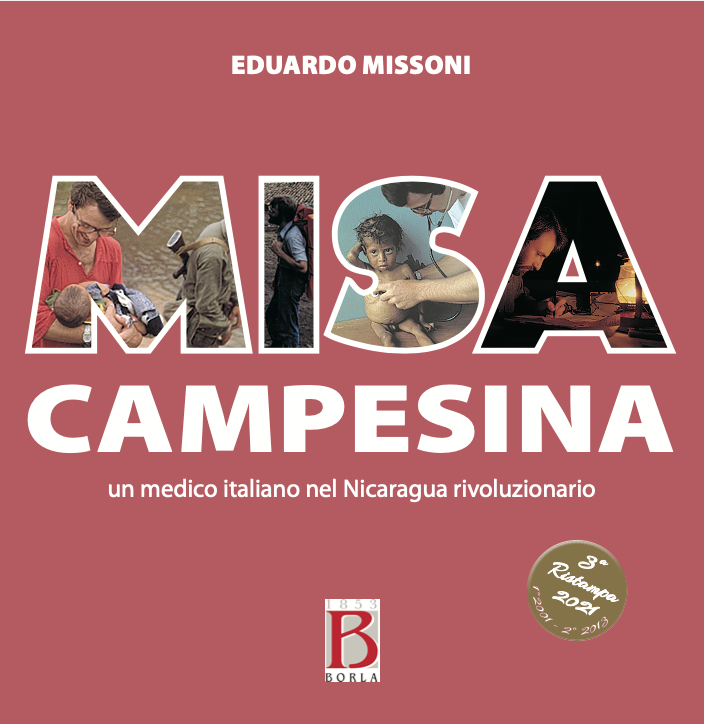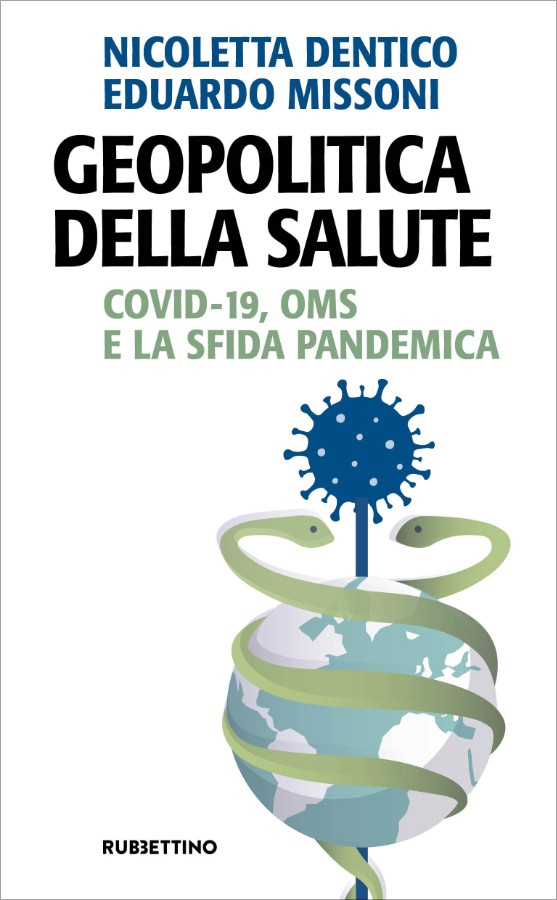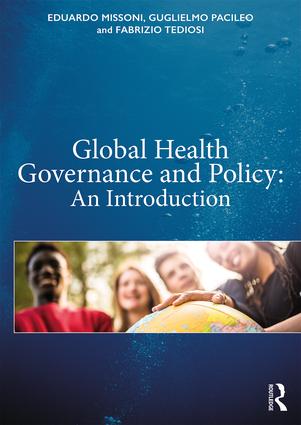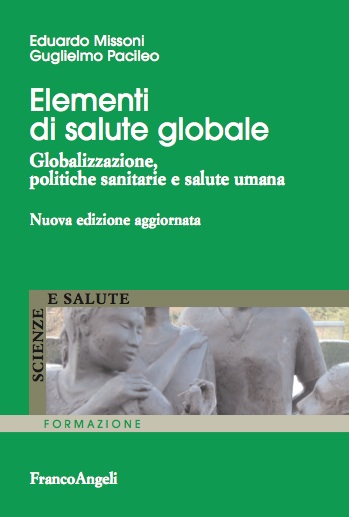
Abstract
The Agenda 2030 signed by the Heads of State and Government in 2015 set out 17 indivisible and universal Sustainable Development Goals (SDGs) and 169 targets. Among others the Agenda 2030 proposes to achieve “sustainable, inclusive and sustained growth” (SDG 8), in fact an oxymoron due to the “limits of growth” in a finite ecosystem.
The SDG 3, “Ensuring a healthy life and promoting well-being for all at all ages”, included among others the target “3.8: achieving universal health coverage”.
Besides representing a substantial regression from the original WHO’s Primary Health Care (PHC) strategy, which addressed among others the social and economic determinants of health, the UHC target and the SDG3 are deemed to be unattainable due to the constant increase in demand on the one side and inappropriate offer of health services on the other, both largely determined by factors outside the health sector and linked to the present hegemonic unsustainable growth-defined development model.
Focusing on the health care model and the generation of its human resources, we highlight how both remained mostly anchored to standardized and, today, globalized biomedical hospital-centric models, which are inadequate to meet populations’ health needs and expectations.
We then suggest the need for a paradigmatic shift in the health and social care organization (toward a human rights and social determinants approach, home- community-based care, integrated-holistic approaches, patients’ empowerment, etc.) and the health workers’ educational model (linking it to the specific characteristics of local contexts in terms of needs and resources, and to a new ethical framework). Both are pillars of the transformation of health systems toward a post-growth society.








